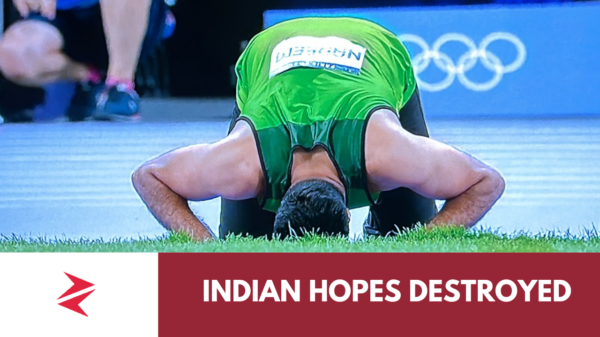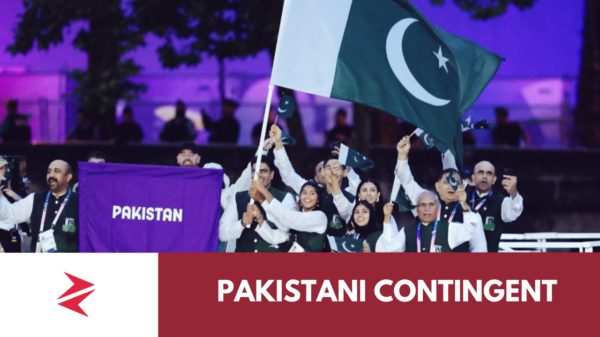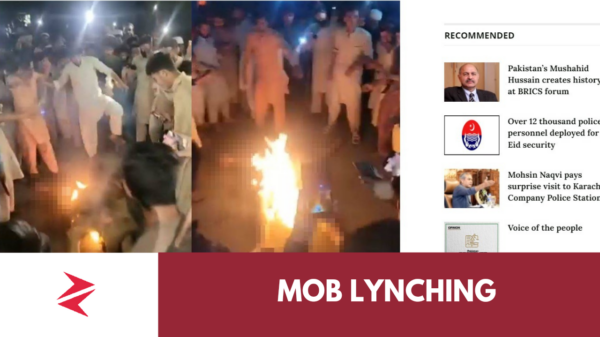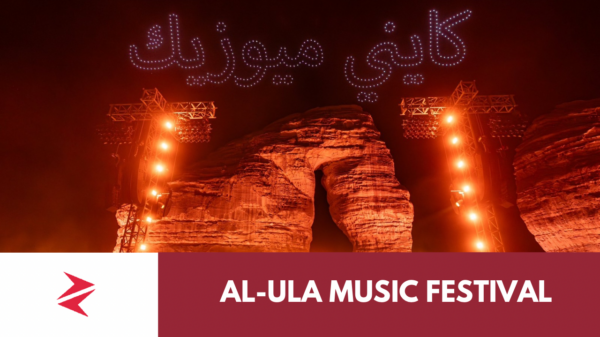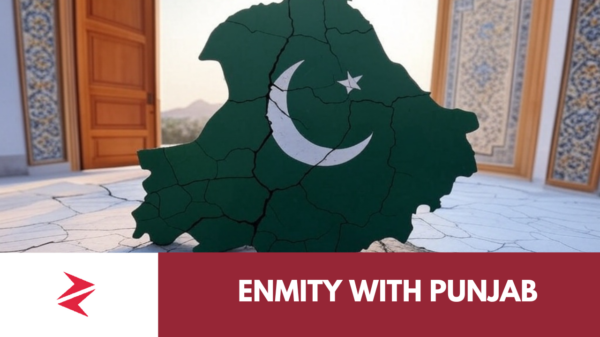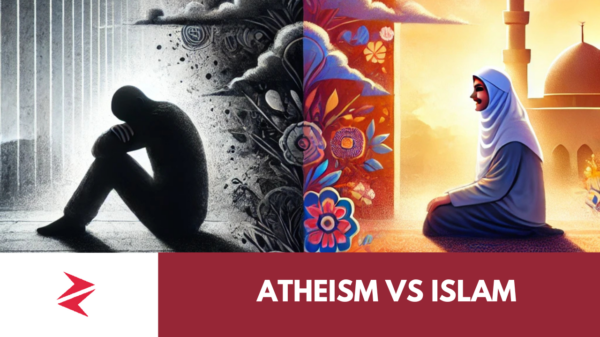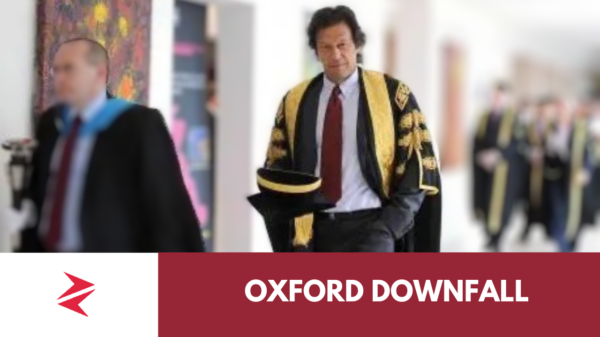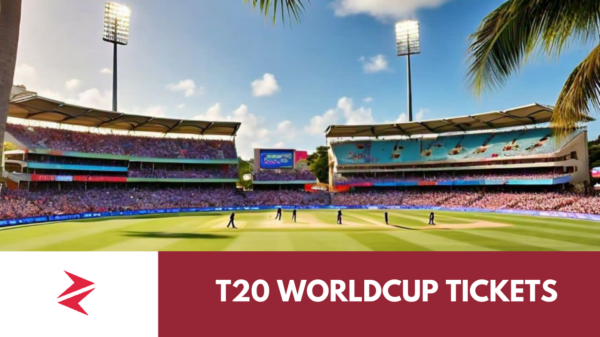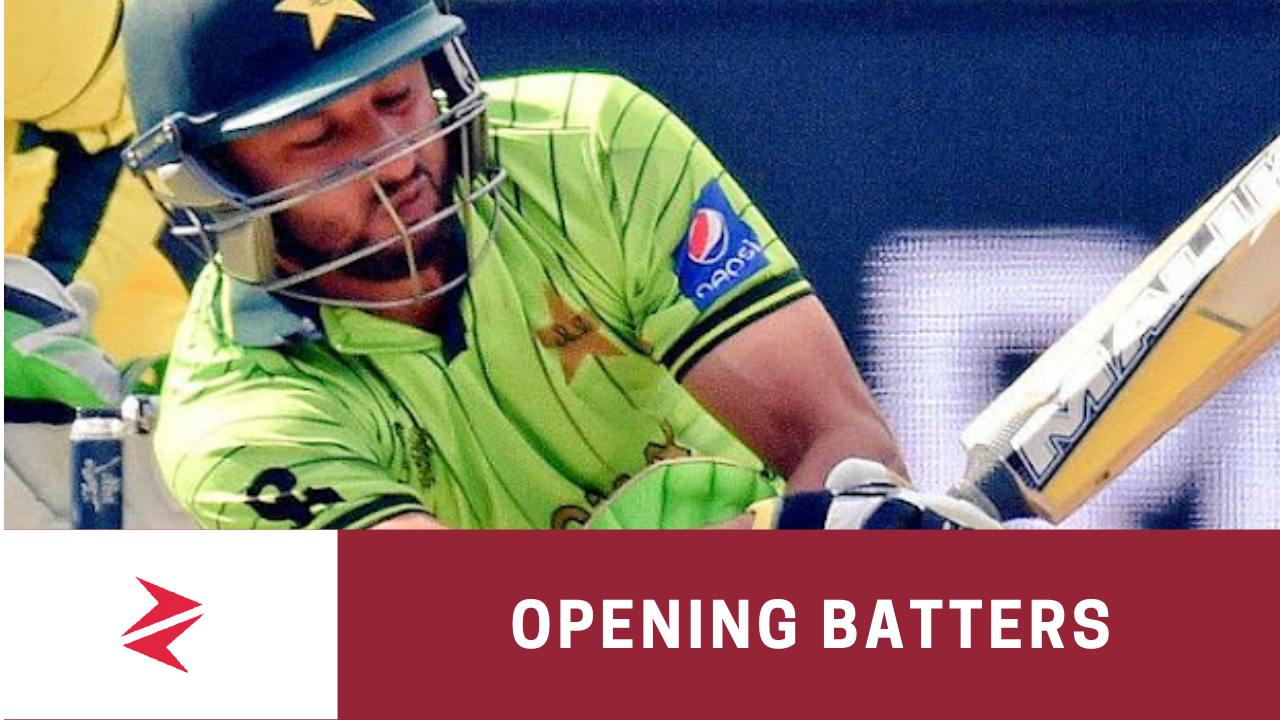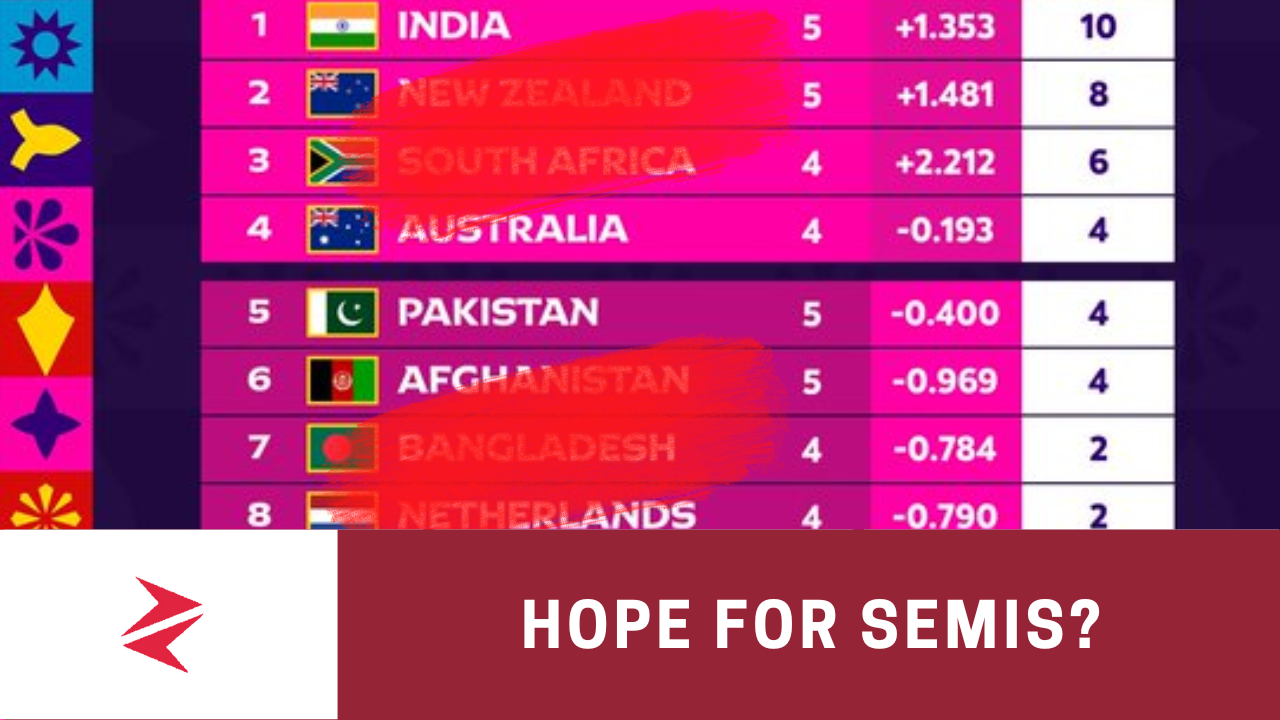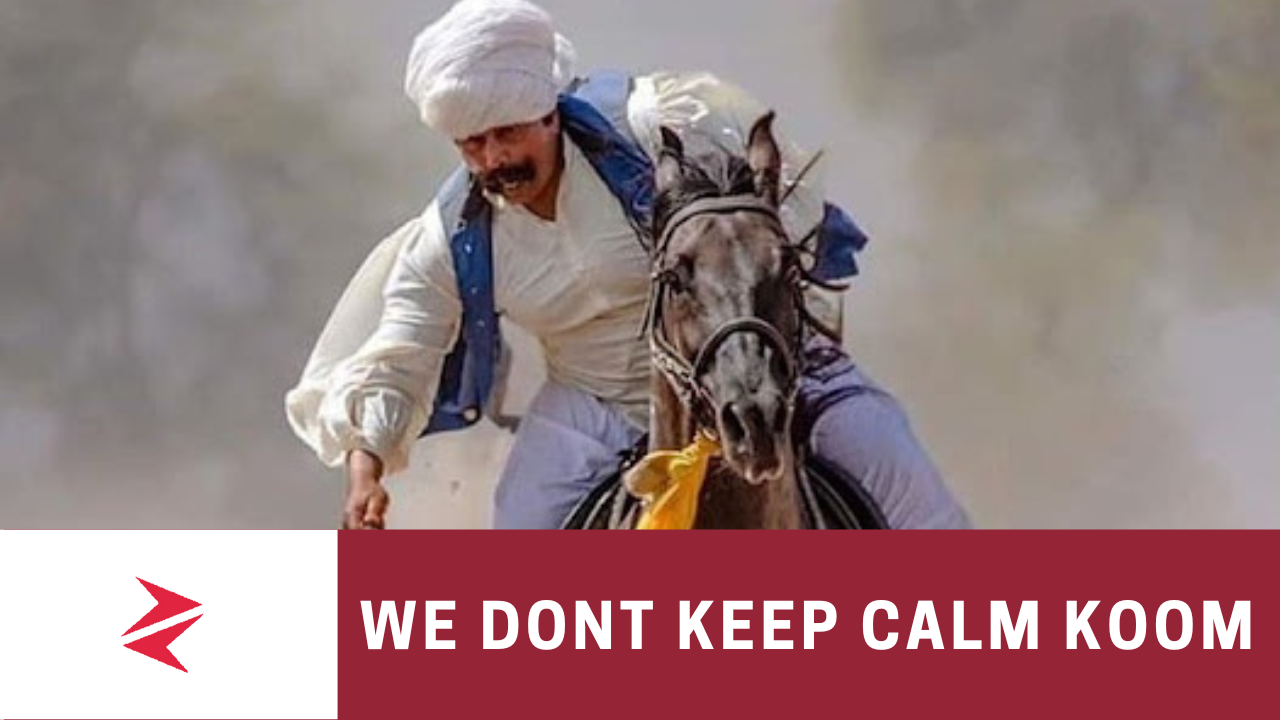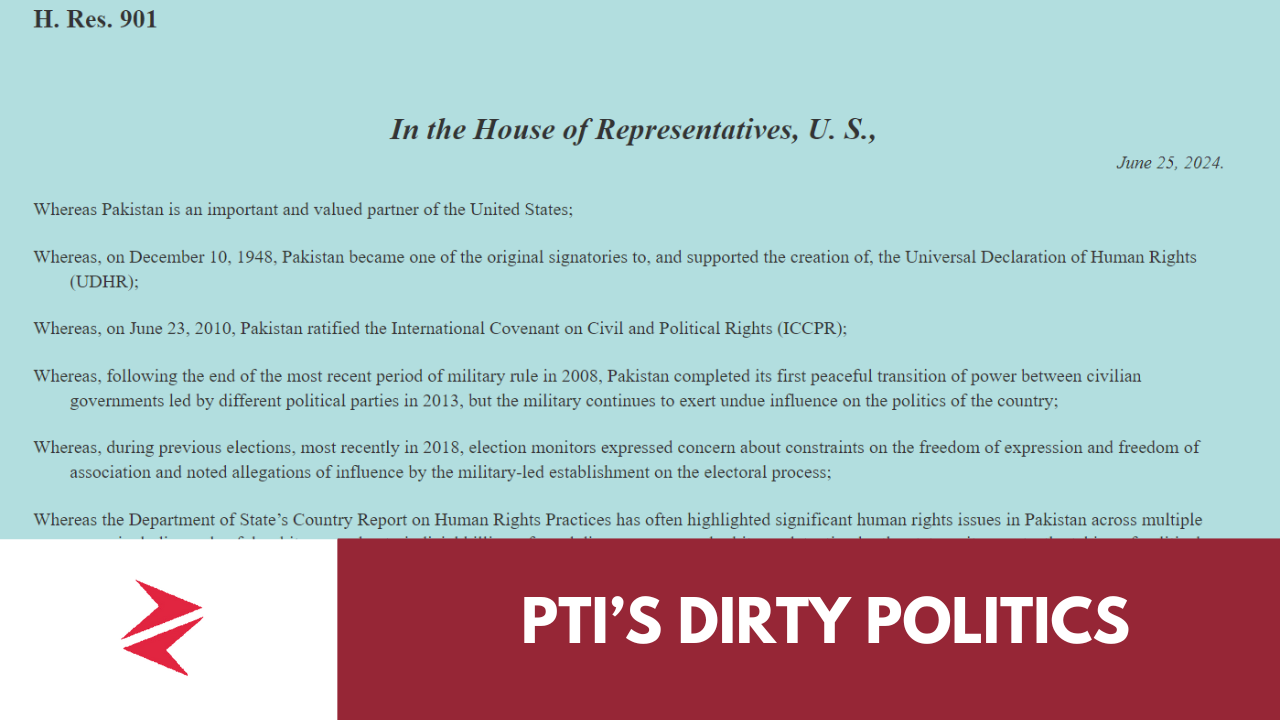Most people in the Army join for a stable financial income, but for some reason, everyone likes to pretend that it is some sacrifice for the nation. And that if it is, soon after their retirement, they should continue to work for the professional associations related to armed forces instead of joining Businesses, Education, Welfare, Health, Construction.,Production, Travel, Tourism, IT, Banking, Agriculture, Trading, Think Tank, Universities, Colleges and Schools, sports, transportation, hospitality, media; you name it, and it’s there where they would like to serve.
Army Brats herald a Status Symbol
To them, the rest of us are lesser citizens or rather less patriotic because we to them we would not take a bullet. Jab hum raat ko sukoon ki neend so rahay hotay hain yeh bahadur foji sarhado pe duty de rhay hotay hain. It’s their job. It is the same in every country in the world. Have you seen any Army anywhere in the rest of the world, having so many facilities as our Army? Just like hardly anyone goes to medical college for “dukhi insaniat ki khidmat”. Why the concept of professional hazard is so foreign to this particular institution? I’m sorry bro but that shit ain’t gonna fly anymore.. our Armed Forces are well compensated for their “sacrifices”. In a country like Pakistan, where most people live under $5 a day, they have free health care, free education, subsidized living through CSD, and guaranteed wealth generation after retirement through plots, pension, etc. I have absolutely no doubt about the sacrifices our armed forces have to endure. Still, I will not ignore the atrocities they have perpetrated on their people, whether it was Gen. Ayub Khan who assassinated Fatima Jinnah or Gen. Musharraf who purposely executed Kargil Operation when peace between Pakistan and India had been a real reality but we will never know.. peace with India means rozi roti nahe chalni thi na.. kis kis baat peh batoun?




